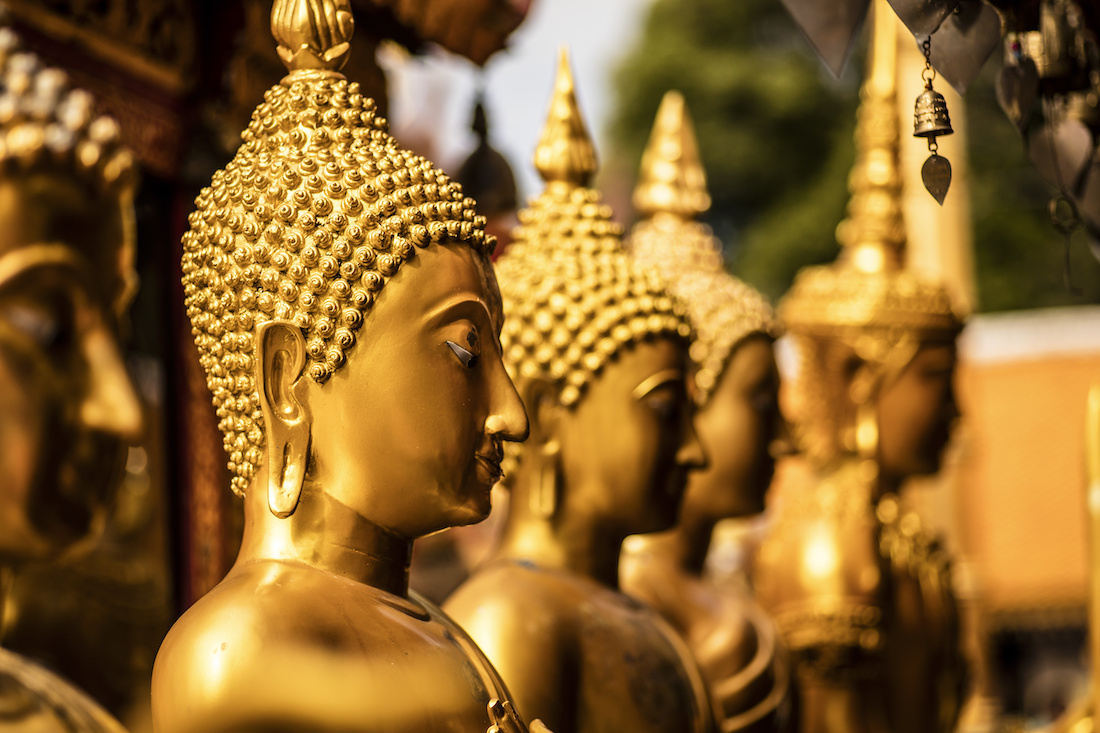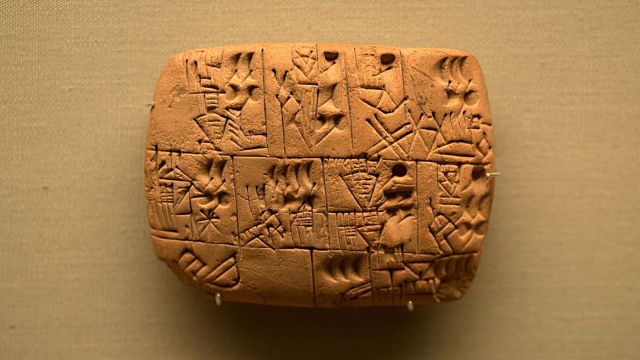The Bantu philosophy of “ubuntu” focuses on the power of community

- The age of the internet has replaced community with a “global village.” We know more about strangers thousands of miles away than the people next door.
- The Bantu philosophy of ubuntu focuses on community. Who you are is intimately tied to those around you.
- Instead of being “internet famous,” we should focus on being famous within five miles.
There’s a well-known African proverb: “It takes a village to raise a child.” It’s the idea that when we are born into the world, we are not born alone but into a community. No person can be treated as an island. Other than those peculiar and vanishingly rare cases of “feral children,” we are each born into a family. We have a school, a town, a country, and a people.
Often, we take this network — this series of unavoidable connections — for granted. At other times, we even rail against it and seek to leave our community altogether. But what this proverb tells us is that we are responsible for those around us, as much as they are responsible for us. No happy, grounded, and strong person can ever grow in isolation.
This is embodied in the Nguni word ubuntu. Ubuntu is a focus on interconnectedness — that is, the dependence and community at the heart of the human condition.
I am, because we are
Scattered far and wide, many African communities in countries like Kenya, Ghana, and Botswana share striking commonalities in their philosophies of identity and interpersonal relationships. Much of the European intellectual tradition — from the ancient Greeks to Descartes and Hobbes and culminating in John Stuart Mill and Jean-Paul Sartre — treats humans as discrete individuals. Conversely, the Bantu idea of ubuntu sees us as threads in a web, or bricks in a building. But it is not the same as the more universally holistic ideas (where the entire world is one) found in Asian traditions. Ubuntu is about a community or social harmony. It’s about your locale, not “oneness.”
A great articulation of the idea comes from Archbishop Desmond Tutu, who wrote: “The African view is that a person is a person through other persons. My humanity is caught up with your humanity, and when your humanity is enhanced — whether I like it or not — mine is enhanced as well. Likewise, when you are dehumanized, I am dehumanized as well.”
A lot of the European tradition begins with the assumption that we exist as solitary, detached thinkers, best exemplified in Descartes’ famous quotation, “I think, therefore I am.” The quote implies that we are born as more-or-less completed units, and the connections we make are like handshakes — loosely joined and easily broken. But as Nhlanhla Mkhize puts it, “The human being in African thought defines the self with respect to the quality of his or her participation in a community of similarly constituted selves.”
We are branches on a tree, defined and made strong by the whole. A broken, lonely branch on the forest floor will wither. So, too, do humans who forget their home.
Be famous within five miles
We live in a global village of broken barriers and borderless communities. The internet has allowed us to reach across thousands of miles, offering convenience and connection without having to leave the sofa. The problem is that if we spend so long looking out into the distance, we miss what’s close at hand. We spend so long on the phone, that we forget to talk to those around us. The internet suffocates ubuntu.
The African view is that a person is a person through other persons. My humanity is caught up with your humanity, and when your humanity is enhanced — whether I like it or not — mine is enhanced as well. Likewise, when you are dehumanized, I am dehumanized as well.
Archbishop Desmond Tutu
The poet, Gary Snyder, once wrote that we should each aim to “get famous within five miles.” Do not aim to have your name appear in Google searches, but to be known in houses up and down your street. Meet the neighbors, help fix that fence, go to community meetings, and wave at people in the street. I always remember how my grandmother would unfailingly and painstakingly sweep down the small bit of curb in front of her house. She didn’t own it and she paid her taxes, but it mattered to her that her bit of the community was tidy. Her small part of the whole was perfect.
Be “of” a place
Where we come from always will form a part of who we are. You cannot change where you were born. But that is not the same thing as where your heart finds a home. Ubuntu is the focus on where you belong. It is here that we should seek to learn and cherish as much as possible of everything and everyone around us. To do so is to understand and love yourself. The author Martin Shaw, in his book, Courting the Wild Twin, puts it like this:
“There is a distinction between being ‘from’ a place and ‘of’ a place. You could become ‘of’ a place quite late in life. It’s not so much to do with the bones of your ancestors in the ground, or a generational-spanning lineage; it’s to do with a dynamic psychoactive relationship that arises between the two of you… [so] attend your ear to the gossip of local folklore, plant life, the myriad ways people blurt, croon, and whisper to one another and the wider world.”
It’s a beautiful and profound way of expressing the idea of ubuntu — “a dynamic psychoactive” relationship between you as a person and the community which gives you form. We might feel alone in our heads, with private wants and subjective thoughts, but that ungraciously ignores where those thoughts came from. There is little about us that isn’t given to us, including our mental life.
Ubuntu is a concept quite foreign to many Westerners. It’s one that prides itself on unity and togetherness. It takes the position of the part and wants what’s best for the whole.
Jonny Thomson teaches philosophy in Oxford. He runs a popular account called Mini Philosophy and his first book is Mini Philosophy: A Small Book of Big Ideas.





